Adam, 4, who plays today actively with his peers, has already managed to overcome many difficulties despite his young age. He was just 2 when after 40 days of high fever doctors diagnosed him with COVID-19. Although the tests were negative, the severe symptoms of the disease were extremely worrying.
“My child’s health condition was very grave, he ended up in the intensive care unit with doctors giving us no hope... Nevertheless, we have great faith in God, we believed that a miracle would happen, we prayed non-stop. It was our great faith that helped us overcome both the coronavirus and the difficult period that followed it,” said Meline Avetisyan, Adam’s mother.
She noted that after being treated for the coronavirus, her son encountered blood problems, so with the advice of the doctors of the Hematology Center named after Prof. Yeolyan, Adam stayed under their supervision. Three months later, his health deteriorated again.
“Adam was diagnosed with myeloblastic leukemia, a malignant disease of the blood and bone marrow. We were told in the beginning that he needs a blood transplant,” Meline said.
With the funds raised by the Health Fund for Children of Armenia, Adam underwent a successful surgery in St. Petersburg and began to recover gradually.
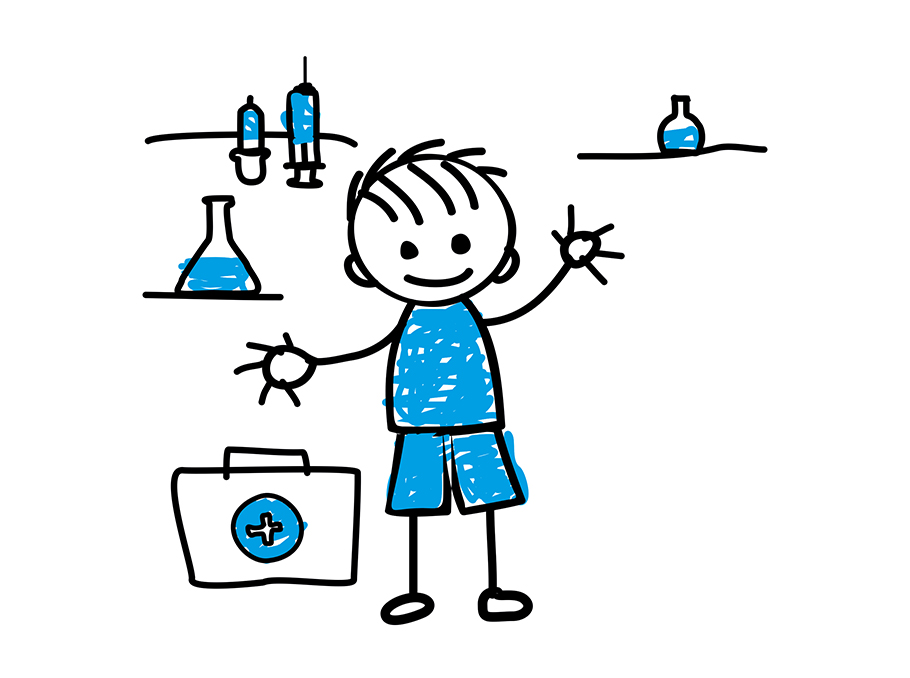
Photo: UN
“After the blood transplant, the body comes to a state of zero, the immunity is weak, the previously done vaccinations no longer protect, that’s why after the operation, we had to protect Adam from infections as much as we could. We had strictly limited our contacts for about a year: we did not meet anyone not to pass any infection to him. Even the slightest infection was of great danger,” Meline said.
It was difficult for Adam not to communicate with his peers. Meline said limiting contacts was inevitable given the circumstance that pre-school age children who visit kindergartens very often contract different infections, also due to not being vaccinated. Although today Meline allows Adam to play with his peers in open-air spaces, she still avoids taking him to kindergarten due to the high risk of contracting infectious diseases.
“Now too we continue to be careful. I always try to find out whether children playing with Adam are sick or not, and we avoid going to indoor events. Our network of friends understands us completely. They are cautious of coming over if they experience any symptoms and do not get offended when we have to limit contact. They understand that while in usual circumstances children can get sick for several days, in the case of Adam, it will create much more serious complications, while we are trying to minimize the amount of medicine he takes instead of increasing that number,” Adam’s mother explained.
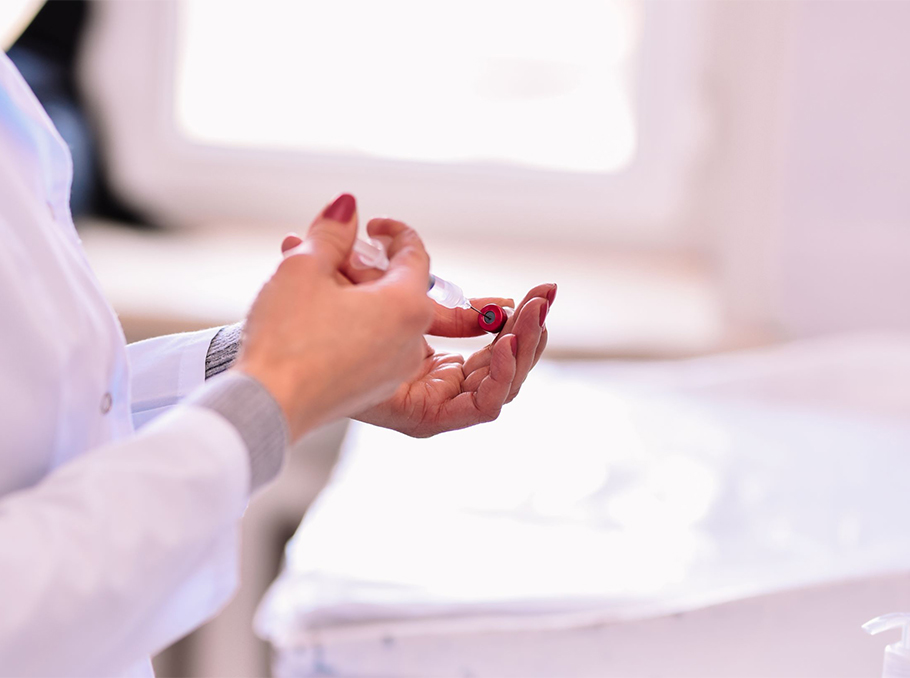
Photo: UN
The family needs to wait two years after the transplant before Adam can get his vaccinations again, so, at this stage, it becomes even more important that children around him are vaccinated.
Staying away from infections is also extremely important for 15-year-old Gohar at this stage of her treatment. According to Hasmik Mkrtchyan, Gohar’s mother, she has a weak immune system and anything can easily become a risk factor for her daughter.
“Gohar’s body now picks up any infection easily, this is the reason why it is important for me that her peers are vaccinated. Until Gohar is fully recovered, every infection is critically dangerous, and it is preferable for the teens around her to be up to date on their vaccines not to pose danger to her,” Hasmik said.
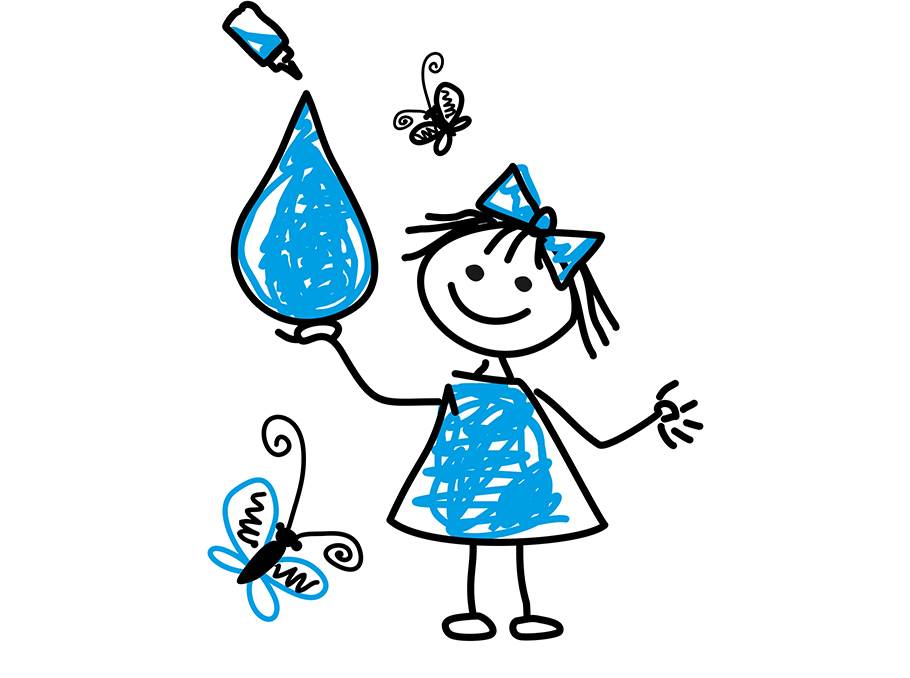
Photo: UN
On April 23-29, Armenia yet again joined other countries and United Nations agencies to mark the World Immunization Week. Launched in 2004, this global initiative is held every year during the last week of April.
Each year during the World Immunization Week, World Health Organisation and United Nations Children’s Fund emphasize the role and significance of vaccinations in preventing infectious diseases and saving lives. This year the focus is on building back immunity through tackling the backsliding in routine childhood immunization.
Since 1994, UNICEF has supported the Government of Armenia in the procurement of vaccines for six WHO-targeted vaccine-preventable diseases, syringes, safety boxes, and cold-chain equipment.
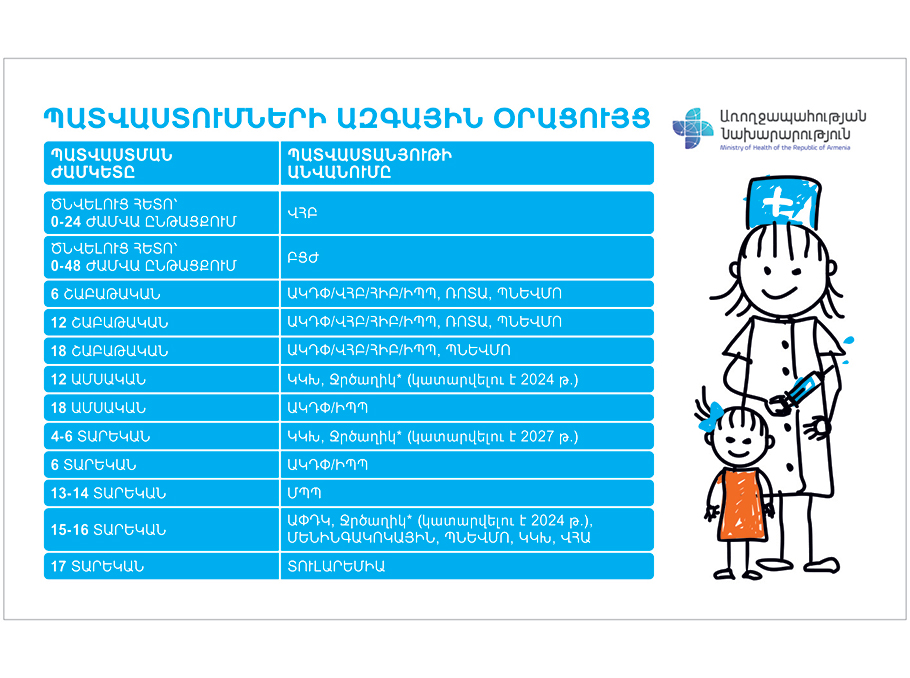
Photo: UN
Due to the coordinated work, no cases of diphtheria have been recorded in Armenia since 2000, no cases of polio since 1995, and measles and rubella are considered eliminated.
According to the National Center for Disease Control and Prevention of the Ministry of Health, vaccination coverage in Armenia is over 90 percent which ensures collective protection.
In parallel with this work, the team of the UN Office in Armenia, led by UNICEF and WHO and thanks to the partners, jointly carried out training of health personnel, transferring both knowledge and communication skills, as well as upgrading the national surveillance system.
“Our message is clear: vaccination saves lives. The UN stands by the Ministry of Health to promote equitable access to vaccines, and ensure that everyone, regardless of where they live, have access to life-saving vaccines,” emphasized Niels Scott, acting UN Resident Coordinator in Armenia.







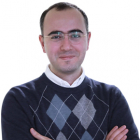
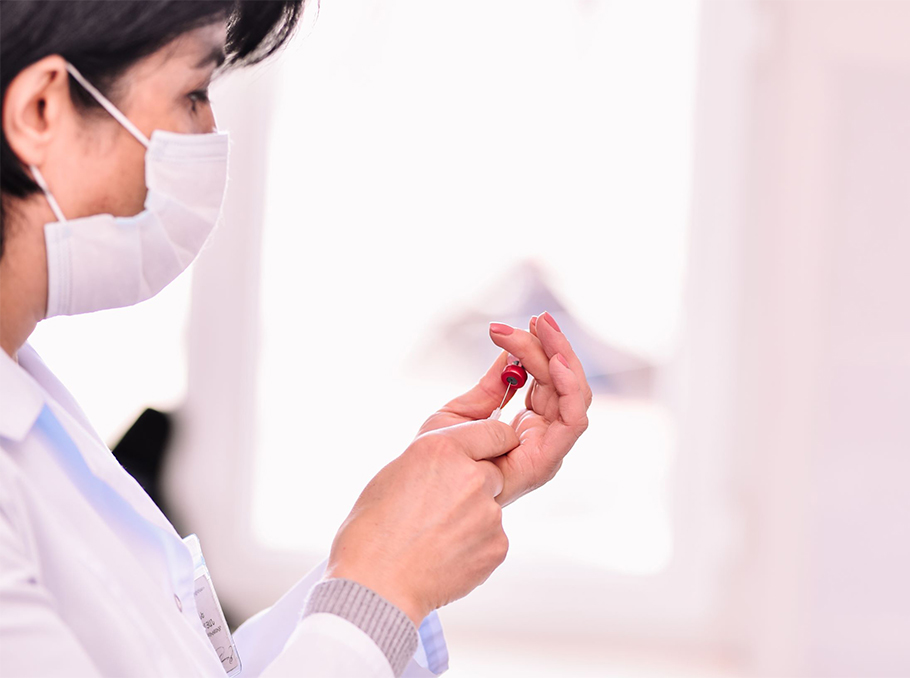

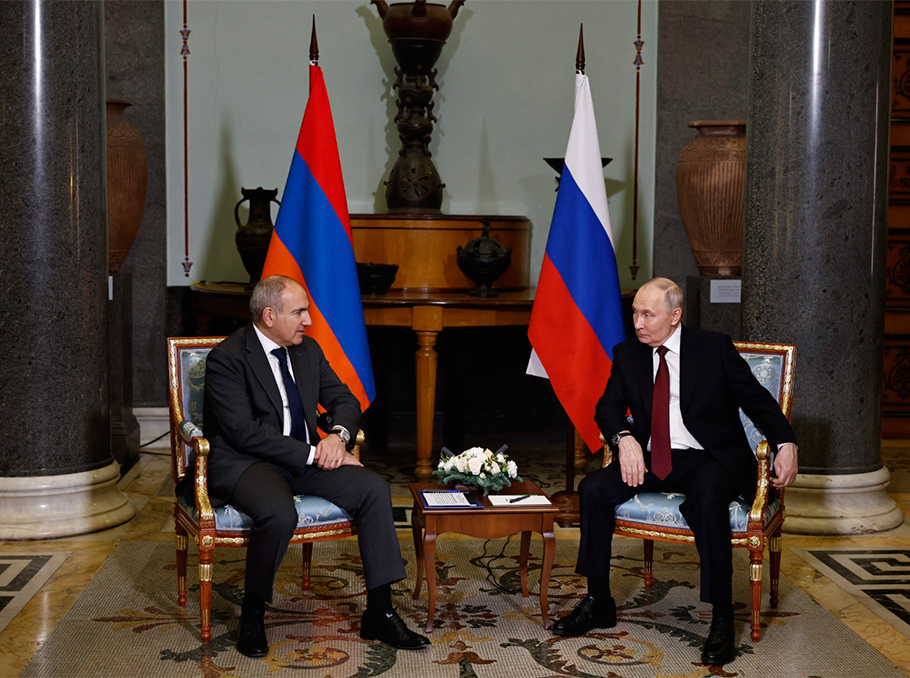
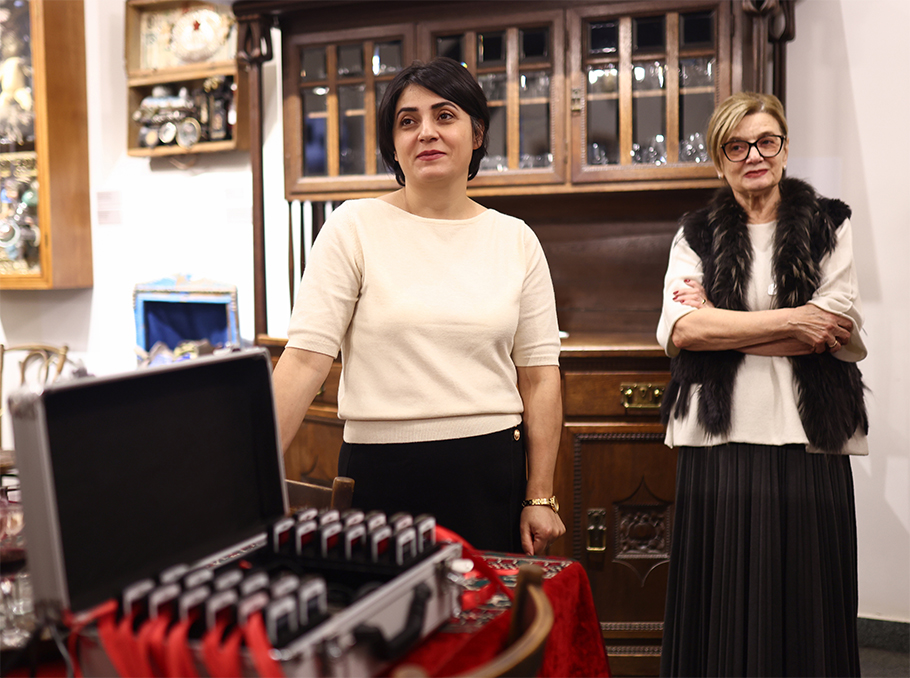
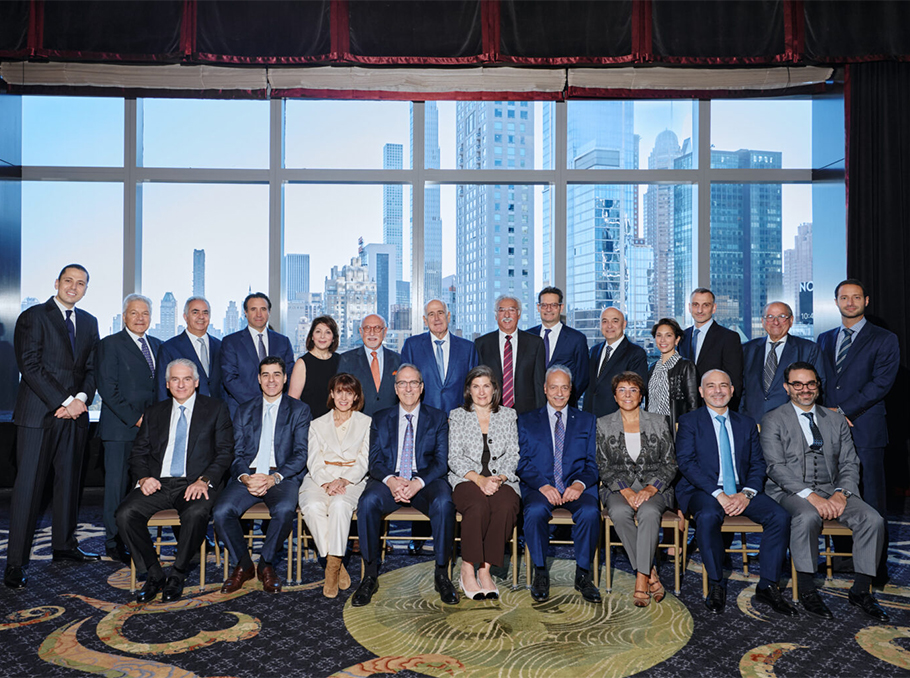







Comments
Dear visitors, You can place your opinion on the material using your Facebook account. Please, be polite and follow our simple rules: you are not allowed to make off - topic comments, place advertisements, use abusive and filthy language. The editorial staff reserves the right to moderate and delete comments in case of breach of the rules.